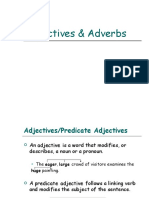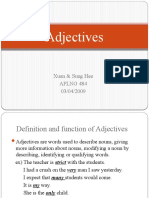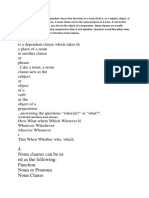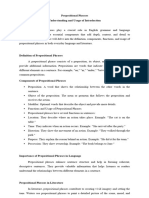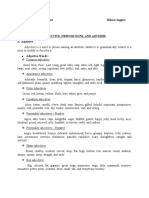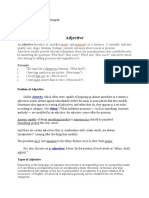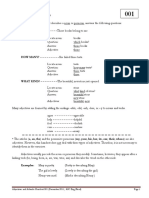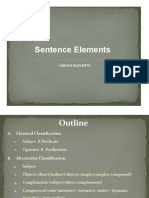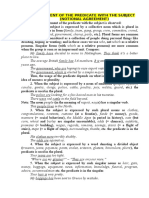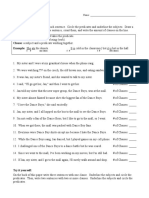0% found this document useful (0 votes)
62 views22 pagesDescribing and Directions
Uploaded by
Allyson Kenchi SalvoCopyright
© © All Rights Reserved
We take content rights seriously. If you suspect this is your content, claim it here.
Available Formats
Download as PPTX, PDF, TXT or read online on Scribd
0% found this document useful (0 votes)
62 views22 pagesDescribing and Directions
Uploaded by
Allyson Kenchi SalvoCopyright
© © All Rights Reserved
We take content rights seriously. If you suspect this is your content, claim it here.
Available Formats
Download as PPTX, PDF, TXT or read online on Scribd
/ 22




